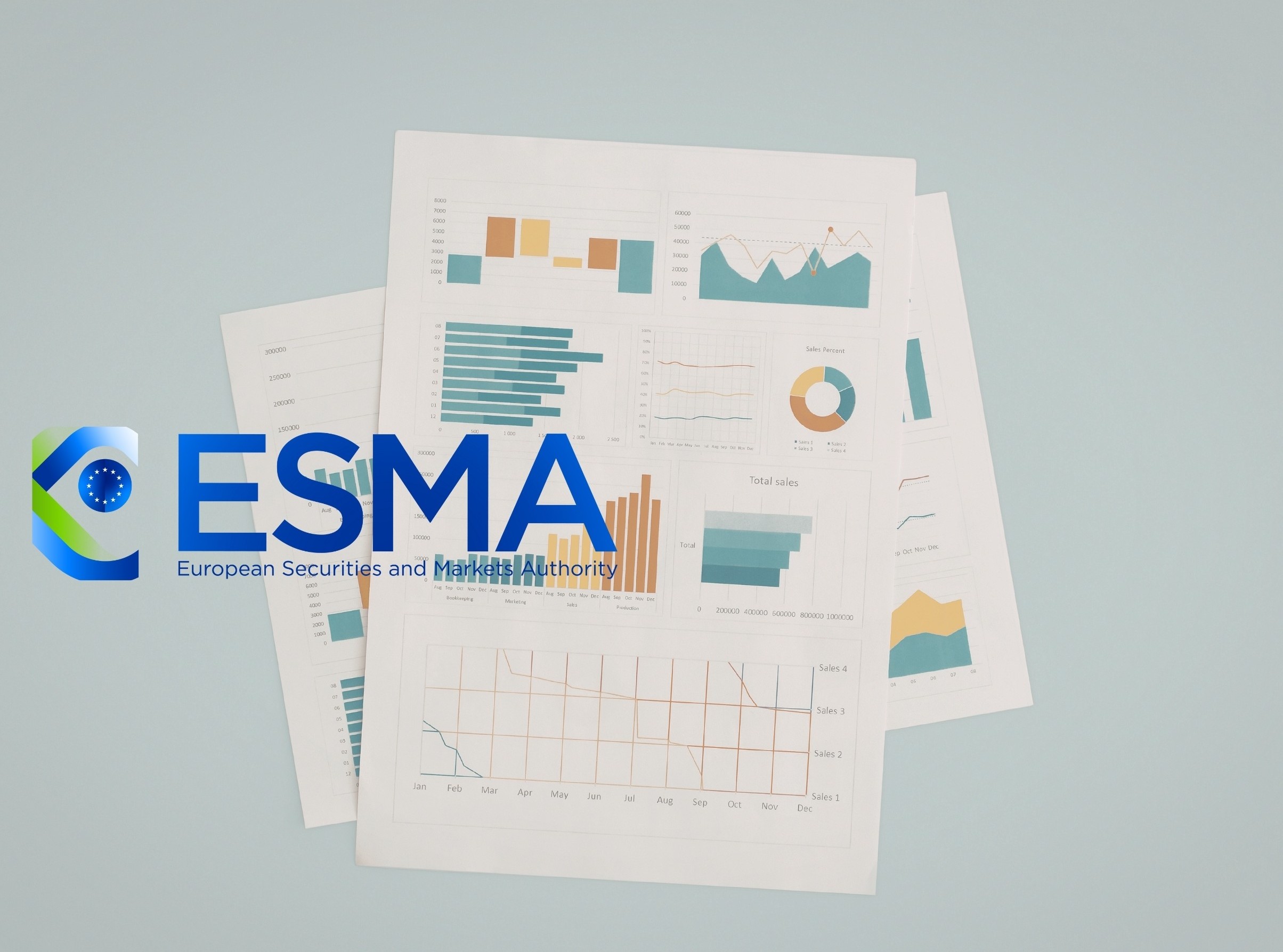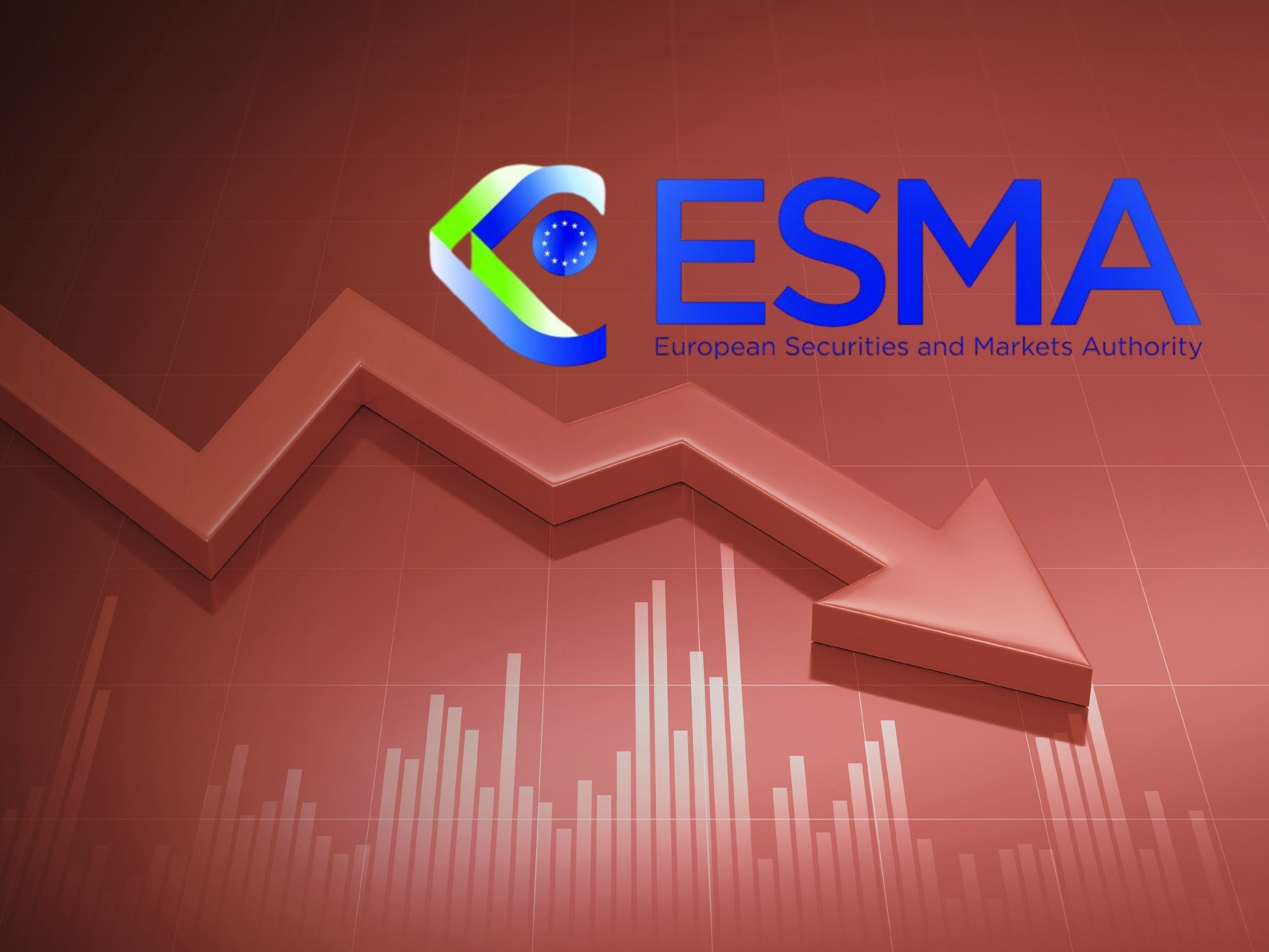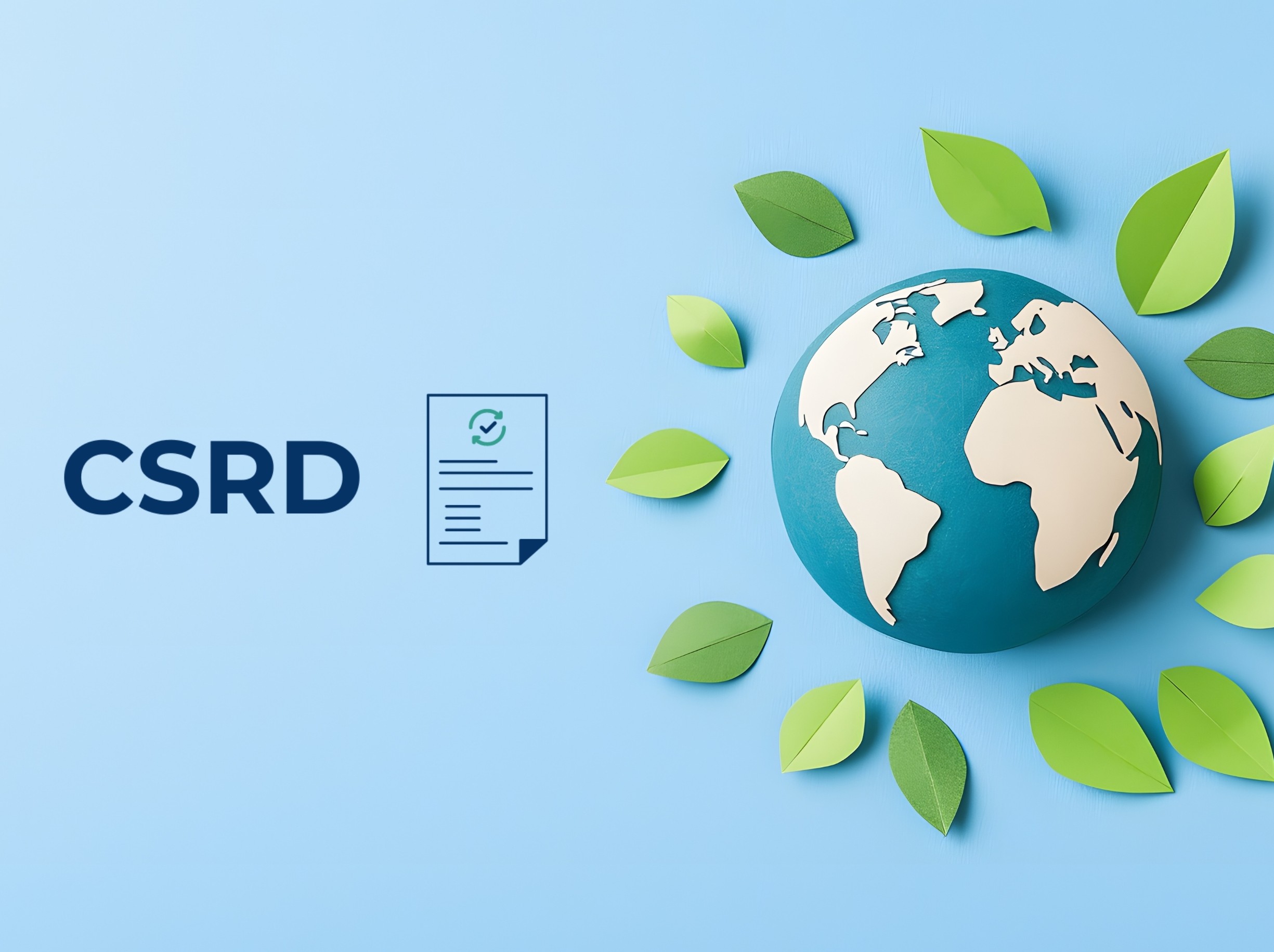)
PAS 2060 : Carbon Neutrality
)
PAS 2060 represents the world's first internationally recognised standard for demonstrating carbon neutrality, developed by the British Standards Institution in 2010. This ground-breaking specification established a comprehensive framework enabling organisations globally to make credible carbon-neutral claims through systematic measurement, reduction, offsetting, and verification processes. As the only internationally recognised standard for carbon neutrality until its withdrawal on November 30, 2025, PAS 2060 has guided thousands of organisations worldwide in achieving genuine environmental improvements. However, the upcoming transition to ISO 14068-1 introduces enhanced requirements that organisations must understand and prepare for. This guide provides essential insights into PAS 2060's framework, implementation requirements, and the critical transition ahead, helping organisations navigate their carbon neutrality journey effectively whilst maintaining credibility in an increasingly scrutinised environmental landscape.
Understanding PAS 2060: The Foundation Standard for Carbon Neutrality
What is PAS 2060 and Its Core Purpose
PAS 2060, formally known as Publicly Available Specification 2060, emerged as the pioneering standard addressing the critical gap in carbon neutrality demonstration methodologies. Developed by British Standards Institution experts in collaboration with leading organisations including The Carbon Trust, Marks and Spencer, and the Department of Energy and Climate Change, this specification provides transparent frameworks for credible carbon neutrality claims.
The standard defines carbon neutrality as achieving no net increase in global greenhouse gas emissions through specific activities during defined periods. This definition encompasses comprehensive scope, applying to organisations, products and services, buildings, events, and entire communities. The specification's versatility enables implementation across diverse sectors, from multinational corporations to small enterprises, demonstrating its universal applicability.
PAS 2060's core purpose centres on eliminating greenwashing whilst promoting genuine environmental improvement. By establishing rigorous measurement, reduction, and verification requirements, the standard ensures organisations cannot simply purchase offsets without demonstrating meaningful emissions reductions. This approach has made PAS the recognised standard globally, providing stakeholders with confidence in carbon neutrality claims whilst driving real environmental progress across industries.
International Recognition and Market Adoption
Since its introduction, PAS 2060 achieved unprecedented international recognition, becoming the globally accepted benchmark for carbon neutrality demonstration. Major certification bodies worldwide recognise the standard, enabling organisations to achieve credible third-party verification of their carbon neutral status. This recognition extends across regulatory frameworks, with governments and international bodies referencing PAS 2060 in climate policies and procurement requirements.
Market adoption spans diverse sectors including technology, manufacturing, financial services, and public administration. Leading organisations have successfully implemented the standard, demonstrating its practical applicability whilst building stakeholder trust. The standard for carbon neutrality has enabled organisations to differentiate themselves competitively whilst contributing meaningfully to global climate objectives.
However, this widespread adoption has also revealed limitations, particularly regarding over-reliance on offsetting mechanisms. These challenges have informed the development of ISO 14068-1, which addresses concerns whilst building upon PAS 2060's foundational contributions to carbon neutrality standardisation.
The Four-Stage PAS 2060 Framework and Implementation Requirements
Measurement and Emissions Quantification
The measurement stage forms the foundation of PAS 2060 compliance, requiring comprehensive greenhouse gas emissions quantification across all relevant sources. Organisations must include 100% of Scope 1 and Scope 2 emissions, plus all Scope 3 emissions contributing more than 1% of total carbon footprint. This comprehensive approach ensures complete understanding of organisational climate impact.
Greenhouse gas emissions quantification must follow internationally recognised methodologies, typically the GHG Protocol Corporate Standard or ISO 14064-1. These frameworks provide standardised approaches for data collection, emission factor application, and uncertainty assessment. Organisations must document their carbon footprint methodology, data sources, and assumptions to support verification processes.
The measurement process involves systematic data collection across operational boundaries, applying appropriate emission factors, and calculating total greenhouse gas emissions in CO2 equivalent terms. This carbon emissions assessment provides the baseline for reduction planning and offset requirements, ensuring organisations understand their complete environmental impact before making neutrality claims.
Reduction Strategies and Carbon Management Planning
PAS 2060 mandates development of comprehensive carbon management plans demonstrating genuine commitment to reduce carbon emissions over time. These management plans must include specific, measurable targets with realistic timescales, detailed implementation strategies, and public commitments to achieving carbon neutrality. The carbon management plan serves as both internal roadmap and external accountability mechanism.
Reduction strategies typically encompass energy efficiency improvements, renewable energy adoption, sustainable transportation solutions, and supply chain optimisation. Organisations must demonstrate year-over-year progress in reducing carbon footprint, either through absolute reductions or emissions intensity improvements. This requirement prevents reliance solely on offsetting whilst maintaining operational emissions.
The management plan must outline how organisations will reduce carbon through operational changes, technology adoption, and behavioural modifications. Energy management often represents the primary focus, with organisations implementing building efficiency measures, renewable energy procurement, and equipment optimisation to achieve meaningful emissions reductions before purchasing offsets.
Verification, Documentation, and Transition to ISO 14068-1
Verification Options and Documentation Requirements
PAS 2060 offers three verification pathways: self-validation, other party validation, and independent third party verification. Independent third party verification provides highest credibility, conducted by accredited bodies meeting strict independence requirements. This verification process involves comprehensive assessment of emissions data, reduction measures, offset purchases, and documentation completeness.
The Qualifying Explanatory Statement represents the central documentation requirement, containing detailed information about methodology, reduction measures, offset purchases, and compliance evidence. This statement must be publicly available, signed by senior management, and updated annually to demonstrate continued carbon neutrality maintenance.
Verification requirements ensure organisations can demonstrate genuine achievement of carbon neutrality claims through robust evidence and independent assessment. The verification process examines data accuracy, methodology appropriateness, offset quality, and documentation completeness, providing stakeholders with confidence in environmental claims whilst identifying areas for continuous improvement.
Transition to ISO 14068-1 and Future Compliance
The transition from PAS 2060 to ISO 14068-1 represents a fundamental shift in carbon neutrality standards, with PAS 2060 will be withdrawn on November 30, 2025. The new ISO standard introduces enhanced requirements prioritising emissions reduction over offsetting, science-based target alignment, and comprehensive value chain coverage.
ISO 14068-1 establishes hierarchical frameworks requiring organisations to achieve actual emissions reductions before utilising offsets, addressing previous concerns about over-reliance on offsetting mechanisms. The new standards mandate comprehensive Scope 3 reporting, science-based target setting, and enhanced verification protocols, ensuring carbon neutrality claims contribute meaningfully to global climate objectives.
Organisations must begin preparing for this transition by evaluating current approaches against ISO requirements, potentially adjusting strategies to emphasise reduction over offsetting. Those achieving carbon neutrality through PAS 2060 should consider early alignment with ISO principles, recognising that enhanced standards will drive more rigorous approaches to net zero and carbon neutrality demonstration.
Benefits, Applications, and Getting Started with PAS 2060
PAS 2060 certification delivers significant business benefits including enhanced reputation, stakeholder confidence, and competitive differentiation in increasingly environmentally conscious markets. Organisations can achieve measurable improvements in environmental performance whilst demonstrating genuine commitment to climate action through credible, independently verified carbon neutrality claims.
The standard's applications span diverse contexts, from corporate operations to specific products and services, enabling flexible implementation across various organisational structures and objectives. Environmental management integration helps organisations develop comprehensive sustainability strategies whilst meeting stakeholder expectations for climate action.
Getting started requires systematic approach: define scope and boundaries, conduct comprehensive emissions assessment, develop carbon management strategies, implement reduction measures, and engage verification bodies. Organisations seeking support can get in touch with experienced consultants and certification bodies who can help navigate implementation complexities whilst ensuring compliance with evolving standards. Our global expertise in environmental data and ESG solutions can help organisations achieve robust carbon neutrality whilst preparing for future regulatory requirements.
Related Articles
You might be interested in these articles
Get in touch!
Want to know more? Fill out the form or reach us directly via email at contact@icebergdatalab.com.
75009 Paris
EC2Y 9DT London
60327 Frankfurt am Main, Frankfurt
Beverly, MA 01915





)
)
)
)
)









